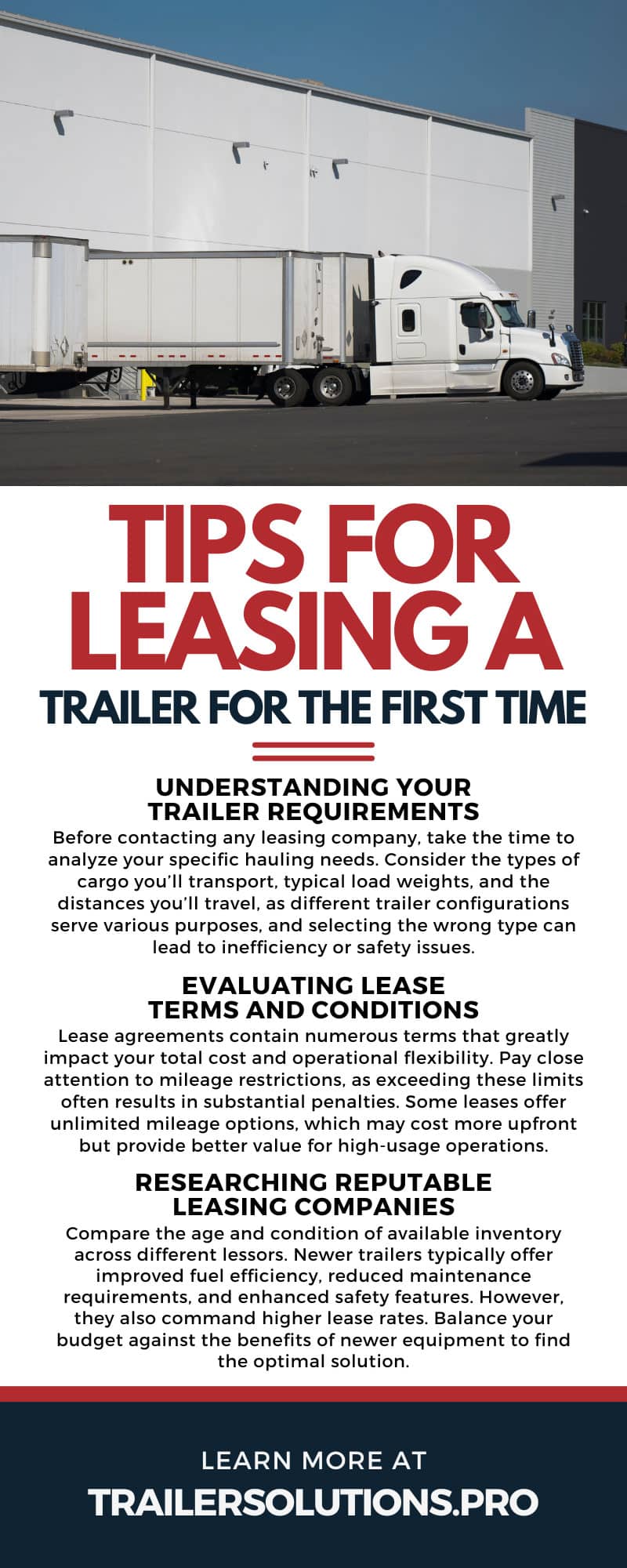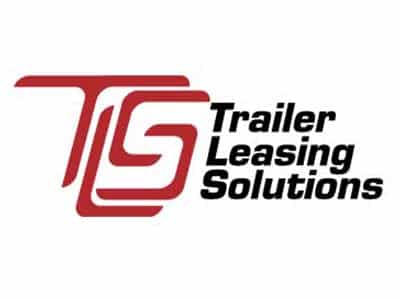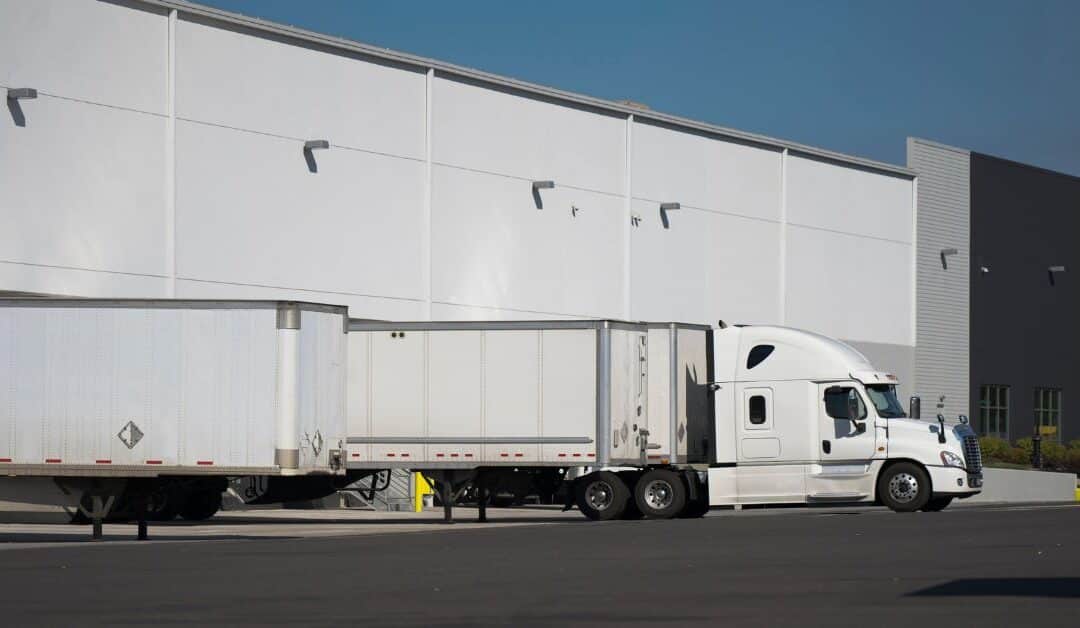Leasing a trailer for the first time can feel overwhelming, especially when you’re navigating unfamiliar terminology, pricing structures, and contract details. Whether you need a trailer for business expansion, seasonal demands, or a one-time project, understanding the leasing process will help you make informed decisions and avoid costly mistakes.
Learning these tips for leasing a trailer for the first time becomes invaluable when trying to balance your specific needs with budget constraints while ensuring you get the right equipment for your operation. From understanding lease terms to evaluating different trailer types, each decision impacts your bottom line and operational efficiency. Making the right choices from the start saves both time and money while setting your business up for success.
Understanding Your Trailer Requirements
Before contacting any leasing company, take the time to analyze your specific hauling needs. Consider the types of cargo you’ll transport, typical load weights, and the distances you’ll travel, as different trailer configurations serve various purposes, and selecting the wrong type can lead to inefficiency or safety issues.
Additionally, think about your usage patterns over the next year or two. Will your needs remain consistent, or do you anticipate growth that might require different trailer specifications? Some businesses benefit from starting with a basic model and upgrading later, while others save money by anticipating future needs from the beginning.
Don’t forget to factor in any special requirements your cargo might have. Temperature-sensitive goods need refrigerated trailers, while oversized equipment might require specialized flatbeds or lowboys. Understanding these requirements upfront prevents surprises during the leasing process and ensures you get equipment that truly meets your needs.
Evaluating Lease Terms and Conditions
Lease agreements contain numerous terms that greatly impact your total cost and operational flexibility. Pay close attention to mileage restrictions, as exceeding these limits often results in substantial penalties. Some leases offer unlimited mileage options, which may cost more upfront but provide better value for high-usage operations.
Maintenance responsibilities vary widely between lease agreements. Some lessors handle all maintenance and repairs, while others require lessees to manage routine upkeep. Understanding these responsibilities helps you budget accurately and avoid unexpected expenses. Full-service leases typically cost more per month but provide predictable expenses and a lower administrative burden.
Early termination clauses also deserve a careful review, especially if your business experiences seasonal fluctuations. Some agreements allow for early returns with minimal penalties, while others lock you into the full term, regardless of the circumstances. Negotiating favorable termination terms upfront provides valuable flexibility should your needs change unexpectedly.
Researching Reputable Leasing Companies
Not all leasing companies offer the same level of service or quality of equipment. Research potential lessors thoroughly, checking their reputation within your industry and reading reviews from other customers. Established companies with strong track records typically provide better support and more reliable equipment.
Compare the age and condition of available inventory across different lessors. Newer trailers typically offer improved fuel efficiency, reduced maintenance requirements, and enhanced safety features. However, they also command higher lease rates. Balance your budget against the benefits of newer equipment to find the optimal solution.
Customer service quality also becomes crucial when issues arise during your lease term. Companies that assign dedicated account managers or offer 24/7 support can help reduce operational disruptions when problems occur.
If you are in need of a trusted partner for dry van trailer leasing in Fort Worth, Texas, Trailer Leasing Solutions is the perfect choice for you! We pride ourselves on offering reliable services with complete transparency, ensuring a smooth and hassle-free leasing experience. Contact us today and let us help you meet your trailer leasing needs with confidence and ease.
Considering Finances and Budget
Trailer leasing involves more than just monthly payments. You must factor in insurance costs, which can vary based on trailer value, your driving record, and coverage levels. Some leasing companies offer insurance packages, while others require you to arrange coverage independently. Compare each option carefully to ensure adequate protection at reasonable rates.
Fortunately, lease payments are typically tax-deductible as business expenses, while purchased trailers require depreciation schedules. Consult your accountant to understand how leasing fits into your tax strategy and cash flow planning.
Also, consider the total cost of the lease term, including any additional fees for excess wear, mileage overages, or early termination. Always request detailed breakdowns of all potential charges to make accurate comparisons between different offers.
Inspecting and Documenting Trailer Conditions
Document the trailer’s condition thoroughly before taking possession of it. Photograph any existing damage, no matter how minor, and make sure the leasing company acknowledges these issues in writing. This documentation protects you from being charged for pre-existing problems when you return the trailer.
Review all paperwork carefully before signing, paying special attention to equipment specifications, lease terms, and fee structures. Don’t hesitate to ask questions about anything you don’t understand. Reputable leasing companies welcome questions and provide clear explanations of all terms and conditions.
Establish procedures for ongoing documentation throughout the lease term to maintain accurate and timely record-keeping. Keep maintenance records, incident reports, and any correspondence with the leasing company. This documentation proves valuable in the event of disputes and demonstrates your responsible stewardship of the equipment.
Maximizing Your Leasing Experience
Build a strong relationship with your leasing company from the very beginning. Communicate proactively about any issues or changing needs, as many problems can be resolved more easily when addressed early. Take advantage of this opportunity, as leasing companies often work closely with valued customers to find mutually beneficial solutions to unexpected challenges.
Many companies offer driver training, maintenance guidance, or operational consulting services that can enhance your efficiency and lower costs. These services add overall value to your lease and help ensure optimal equipment performance.
Plan for the end of your lease term well in advance. Decide whether you’ll return the trailer, purchase it, or lease a replacement. Starting this process early provides more options and prevents rushed decisions that might not serve your best interests.
Moving Forward With Confidence
Successfully navigating your first trailer lease requires careful planning, thorough research, and attention to detail. By understanding your needs, carefully evaluating terms, and building strong relationships with reputable lessors, you set yourself up for a positive leasing experience. Remember that the cheapest option isn’t always the best value, and investing time in the selection process pays dividends throughout your lease term. With the right approach, trailer leasing provides the flexibility and efficiency your operation needs to thrive while keeping capital available for other business priorities.




